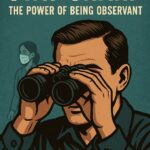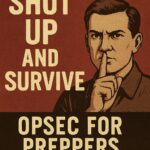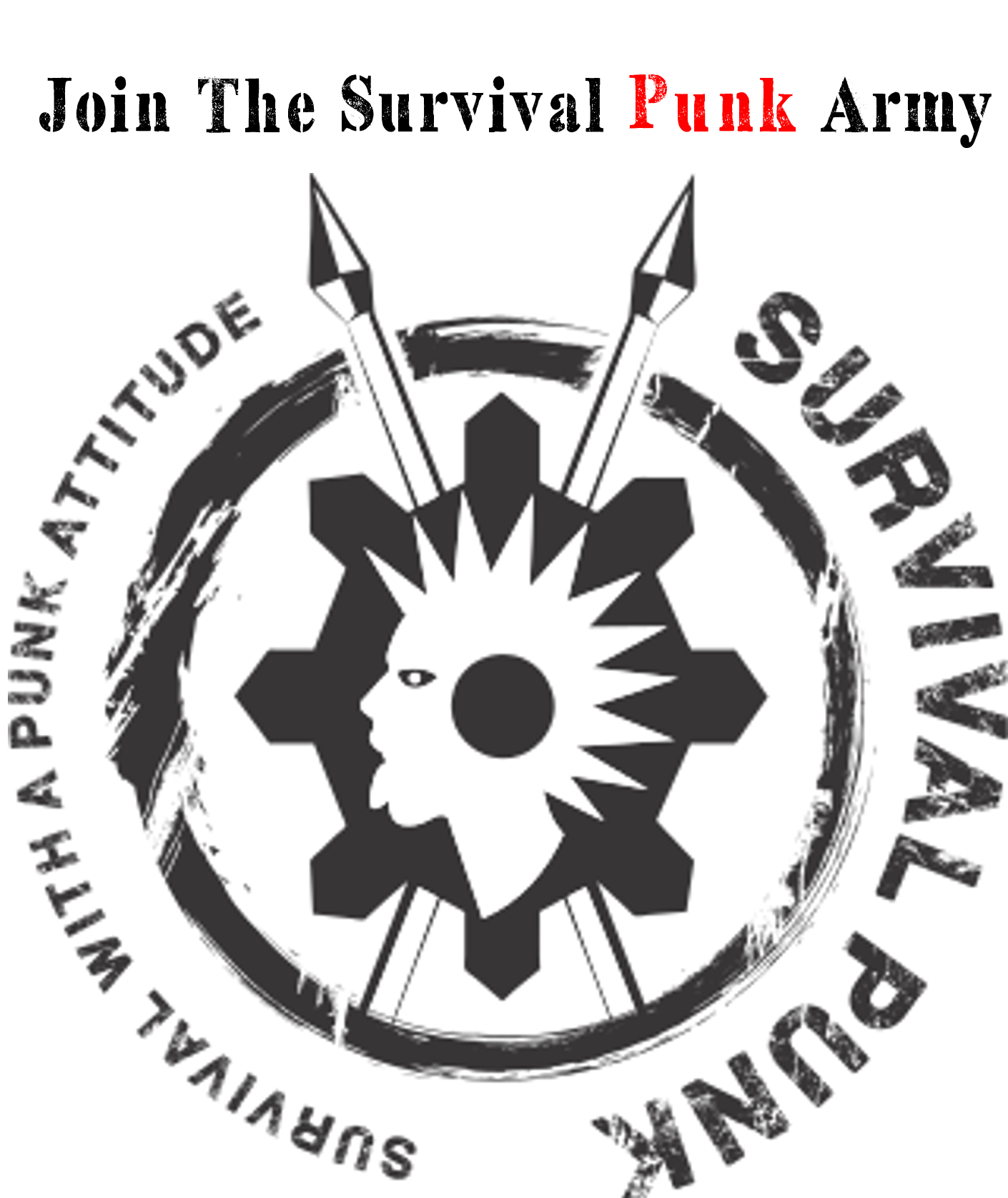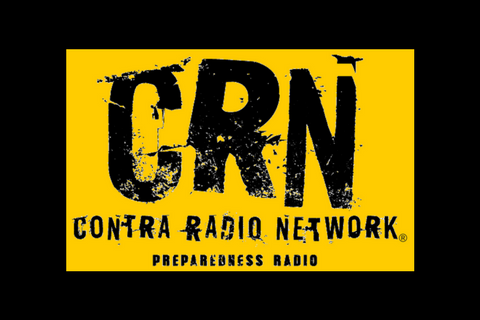Author: James Burnette
The Death of the Middle Class: What It Means for Preppers | Episode 397
The middle class has always been the backbone of stable societies. But in 2025, we’re watching it die in real time. Rising inflation, stagnant wages, skyrocketing housing costs, and mounting debt are squeezing the average family into economic submission. The American dream has become a survival grind.
"The Death of the Middle Class: What It Means for Preppers | Episode 397"
Stay Sharp: The Power of Being Observant | Episode 396
In a world that feels more chaotic by the day, one skill separates those who adapt and those who get blindsided: observation. In Episode 396, we’re diving into the power of being observant—why it matters, how it keeps you ahead, and how most people walk around blind to the world unraveling around them.
"Stay Sharp: The Power of Being Observant | Episode 396"
Shut Up and Survive: OPSEC for Preppers | Episode 395
OPSEC stands for Operational Security. In simple terms, it means keeping your mouth shut, your profile low, and your plans private. It's a concept borrowed from the military, but it’s just as essential in the prepping world. Because no matter how many supplies you’ve stockpiled or how many skills you’ve learned—if everyone knows about it, you just became a target.
"Shut Up and Survive: OPSEC for Preppers | Episode 395."
The Final Days of Rome: What Collapse Really Looks Like | Episode 394
When we think about collapse, we often imagine something fast and fiery—EMP blasts, mushroom clouds, or sudden civil war. But history rarely works that way. The fall of Rome was not a single event, but a long, grinding decline. And in many ways, it’s the best case study we have for what collapse actually looks like—especially when it happens to a civilization that once seemed untouchable.
"The Final Days of Rome: What Collapse Really Looks Like | Episode 394."
Survival Starts With Sleep: Why Rest is a Tactical Advantage | Episode 393
When people think about survival, they picture fire-starting, food gathering, and fending off threats. Rarely does anyone mention the most powerful, natural resource we all have access to: sleep. In Episode 393, we explore why sleep is your tactical advantage, how lack of it destroys your ability to survive, and what you can do to protect your rest—even when everything else is falling apart.
"Survival Starts With Sleep: Why Rest is a Tactical Advantage | Episode 393"














Follow Us!